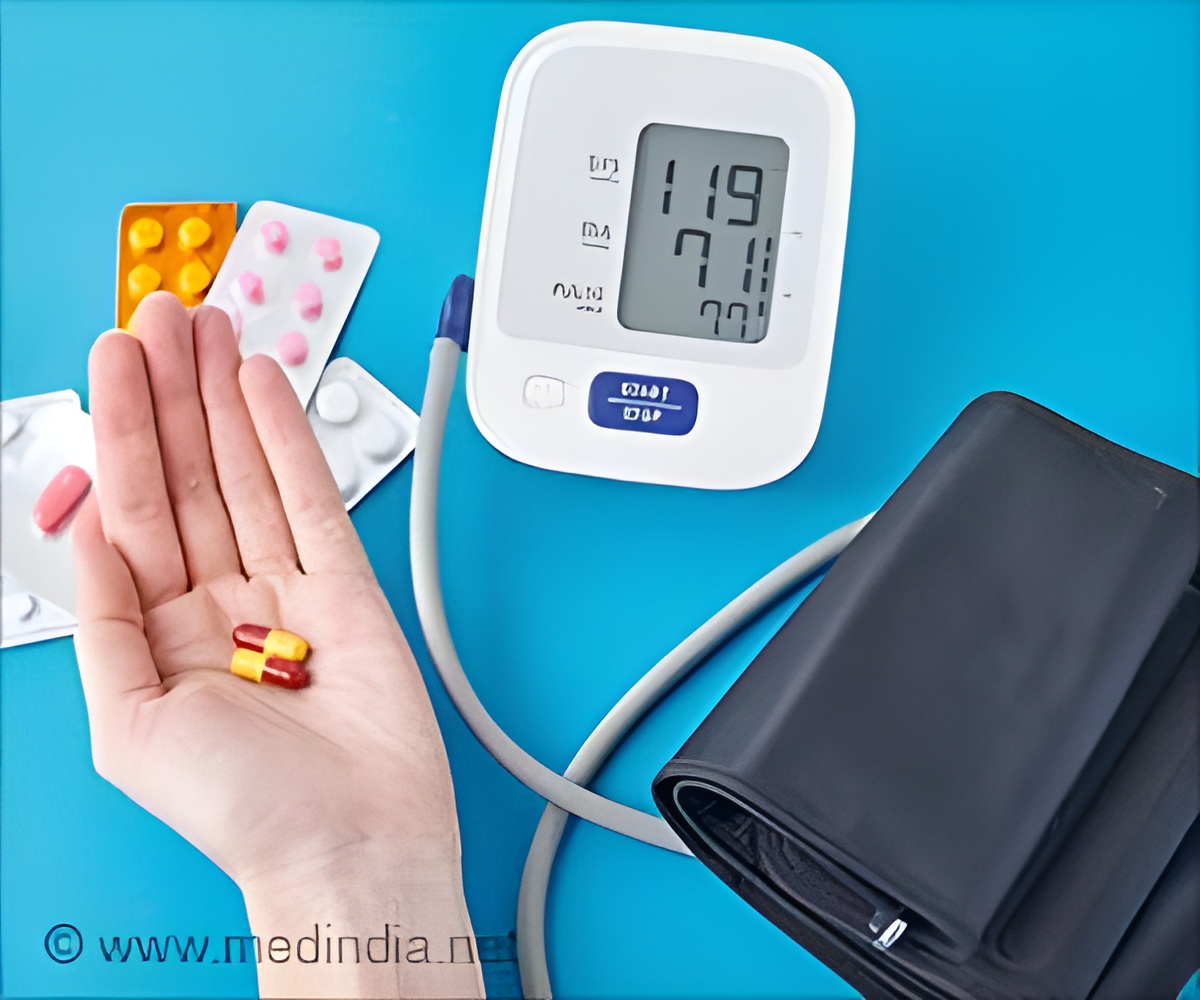Choice of blood pressure medications was found to influence the long-term risk of heart disease in people with HIV, stated a new study.

- People with HIV are more likely to develop high blood pressure (hypertension)
- Choice of blood pressure drugs linked to risk of heart disease, stroke, and heart failure
- HIV patients need heightened attention to their elevated risk of heart disease
Researchers found:
In this study, 13% of the veterans with HIV were prescribed beta-blockers as their initial hypertension treatment. Single-medication treatment was started with angiotensin-converting enzyme inhibitors or angiotensin II receptor blockers (ACEi/ARBs) in 24% of patients; thiazide or similar diuretics in 23%; and calcium channel blockers (CCBs) in 11%.
During the mean 6.5 years follow-up period, 25% of the veterans experienced a cardiovascular event. Among veterans who had not been diagnosed with heart disease at the beginning of the study, the risk of developing heart disease, heart failure or stroke for the first time was 90% higher among those taking beta-blockers compared to the veterans who were taking ACEi/ARBs, the most frequently prescribed type of high blood pressure medication. The increased risk was present whether or not blood pressure was under control. Thiazide diuretics and CCBs did not increase risk.
Among veterans with HIV who did not have chronic kidney disease, the use of ACEi/ARBs was associated with a lower risk of developing heart failure, compared to those patients taking other medications who were found to have about a 50% higher risk of heart failure. "Blood pressure and heart disease risk in patients who have HIV can be safely managed with first-line treatment of hypertension with ACEis, ARBs, CCBs and thiazide diuretics and may have added benefit from initial treatment with ACEis and ARBs," Cohen said.
"We were surprised by the high rates of beta-blockers prescribed for first-line hypertension treatment since they are not recommended as first-line agents," Cohen said. "We suspect this may be due to the fact that many people with HIV receive primary care from their infectious disease team, who do an amazing job at managing HIV but may not be focused on blood pressure treatment guidelines and contraindications. Ideally, a patient's primary care and infectious disease team should work together for the best possible outcomes."
"While many people are appropriately treated with beta-blockers for various reasons, if you think you are taking them only for hypertension and aren't on any other blood pressure medications, I'd recommend talking to your doctor to make sure it's the best medication for you," she said.
As a retrospective analysis, the study cannot establish a cause-and-effect relationship between medication choice and heart disease events. The study results may also be affected by factors the researchers were unable to measure, such as some sociodemographic factors and patient preferences in medication choice.
Although the results were the same in men and women in the study, the large proportion of men in the sample limits the ability to generalize the findings to women. Results from this study of veterans receiving care through the Veterans Health Administration also may not be generalizable to non-veterans or people who do not have health insurance or access to routine medical care.
Source-Eurekalert















